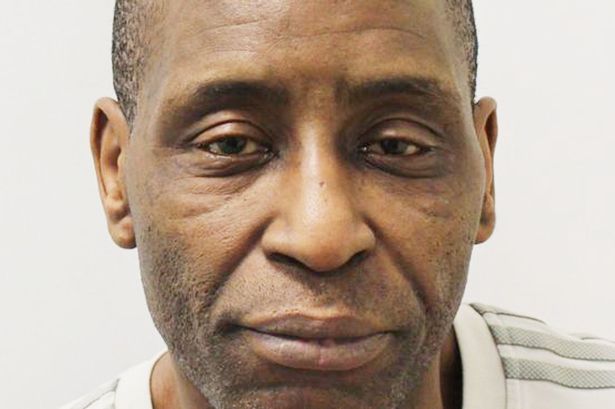The murders of two pensioners by Michael Weir in 1998 has ‘made legal history’ as he is considered to be ‘the first convicted man to be convicted twice’ following a 2005 change in the law of double jeopardy.
In early 1998, Michael Weir fatally attacked two pensioners. He entered the homes of Leonard Harris (78) and Rose Seferian (83) and used violence against them in order to steal a number of items of jewellery that have never been recovered. Mr Harris died in hospital around five months after being attacked by Weir, whilst Ms Seferian passed away after one month.
At the time, police failed to connect the two deaths and Weir only stood trial for the murder of Mr Harris. He was convicted by a jury in 1999, and was also found guilty of burglary and of attacking Mr Harris’ wife. In 2000, however, the Court of Appeal quashed Weir’s conviction on the basis of a technicality relating to the admissibility of DNA evidence. The Crown Prosecution Service missed the deadline to appeal to the House of Lords by one day.
In 2017, a palm print recovered from the Harris’ linked Weir to the crime scene. It also matched with another found inside Ms Seferian’s flat. Along with new DNA testing, not available in 1998, this led to the re-arrest of Weir in March 2018. On being arrested, Weir said that he felt ‘angry and upset’. He was then formally charged with the murders of both Mr Harris and Ms Sefarian.
On 14 November 2019, following a retrial at the Old Bailey, a jury found Weir guilty on both counts. They had not been made aware of Weir’s previous conviction over Mr Harris’ death, or the circumstances of his retrial. On Monday, Weir was sentenced to life with a minimum term of 30 years.
After the jurors returned their verdict, Mrs Justice McGowan said that they had ‘made legal history’. Prosecutor Tom Little QC has explained that Weir’s case is believed to be the first double jeopardy case to involve a defendant being found guilty of the same murder twice. The Guardian and Sky News have also reported that this is the first time a second murder charge has been added to a double jeopardy case.
The rule against double jeopardy is a legal principle that exists as part of the common law in England and Wales. It provides a bar to the trial of a person for an offence where they have previously been either acquitted or convicted of that same offence. Until the Criminal Justice Act 2003, it had been that only in ‘special circumstances’ could the rule be disapplied.
Prompted by the Macpherson inquiry into the murder of Stephen Lawrence and surrounding campaigns, Part 10 of the Act (which came into force in April 2005) permitted retrials in respect of a number of very serious offences, where ‘new and compelling evidence’ has come to light.
The Guardian reported earlier this week that Jill Harris, Mr Harris’ daughter-in-law, said the family had felt ‘let down by the criminal justice system’ for the errors that resulted in Weir’s first conviction being quashed and the CPS’ failure to appeal on time. Ms Seferian’s daughter, Sona, has stated that her family were ‘grateful’ to finally get justice.
Detective Chief Inspector Shaun Fitzgerald, from the Metropolitan Police, said that he hoped Weir’s conviction has brought the families of those he killed ‘some kind of closure’. He added: ‘Weir literally thought that he had got away with murder but he now faces a considerable custodial sentence where he will have significant time to reflect on his utterly callous actions towards two completely innocent victims.’







